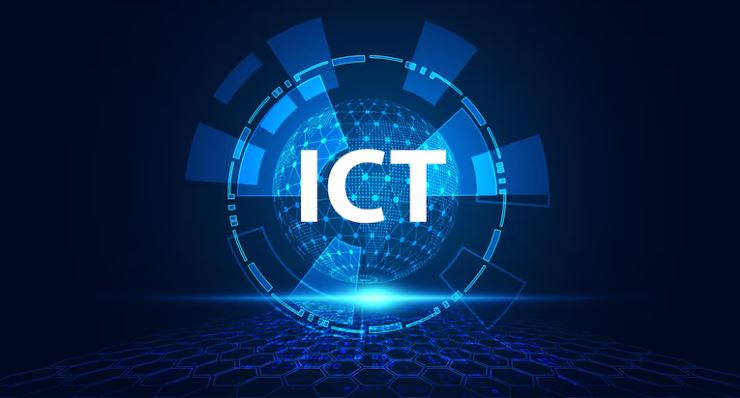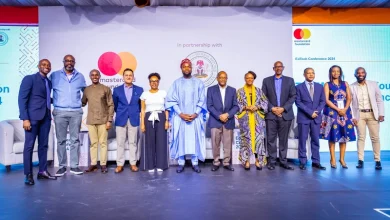Use of ICT reduces case backlogs in judiciary

DODOMA: THE Chief Court Administrator, Professor Elisante Ole Gabriel, has said that the use of Information Communication Technology (ICT) has significantly reduced case backlogs in the judiciary.
He stated that backlog cases dropped from 10 per cent in 2023 to approximately 3 per cent by April 2024. Professor Ole Gabriel made these remarks while officiating at a seminar on reforms and strategic leadership in the justice delivery value chain, organised for the council of leaders of the Tanganyika Law Society (TLS) in Dodoma.
He emphasised the importance of stakeholder support in leveraging ICT to ensure timely access to justice.
“Lawyers play a crucial role as stakeholders in the justice system. It is essential that you fulfill your duties to serve the public effectively and capitalise on technology, which simplifies service delivery,” he said.
In another development, the Chief Court Administrator announced that Tanzania’s judiciary has been invited to Washington, D.C, to share insights on efficiently utilising funds provided by the World Bank for various projects.
“We have been invited to testify on how we managed to use a soft loan from the World Bank intended for judicial reforms in Tanzania, including the construction of Integrated Justice Centres (IJCs) across the country,” he explained.
Prof Ole Gabriel noted that Tanzania is a leader in effectively utilising funds from the Bretton Woods Institution, ensuring efficient expenditure of the resources.
ALSO READ: USA commends Tanzania for leveraging ICT to drive development
The Tanzanian government secured a concessional loan agreement of 90 million US dollars with the World Bank to implement Phase II of its citizen-centric judicial modernisation and justice service delivery project.
The primary aim of this project is to enhance the efficiency, transparency and accessibility of key justice services for citizens. This agreement follows the successful implementation of Phase I, which significantly improved Tanzania’s judicial infrastructure and service delivery.
Since 2016, the World Bank has played a vital role in supporting Tanzania’s judiciary, promoting efficiency, transparency, and access to citizen-centric justice services. In addition to constructing IJCs, the project has introduced mobile court services—dubbed “justice-onwheels”—to reach rural and underserved areas, providing vulnerable groups with easier access to justice.





